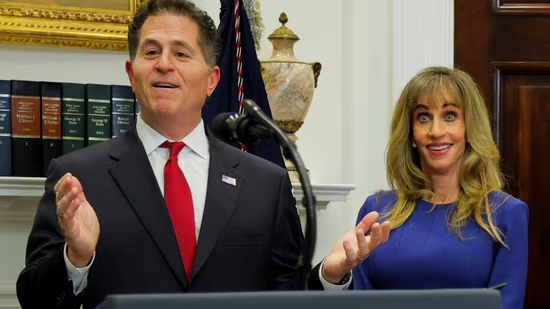Americans Are More Worried About The Economy, Says Fed
- Alexangel Ventura

- Mar 10, 2025
- 2 min read
The New York Federal Reserve said through data results that more Americans have fears about the future of the economy.

According to a recent Survey of Consumer Expectations on Monday, inflation has been predicted to rise to 3.1% a year from now, up from the 3% in January. The survey respondents also said that the prices of consumer goods will rise 3.3%, once again up from the 3% predicted last month.
Clearly, consumers are fearing about the state of the economy. Although at the start of Donald Trump's presidency, consumers actually had a positive outlook on the economy, the tides are shifting as the stock market gets more volatile and news clutters our social media. The Trump administration has passed the most executive orders out of any presidency in its early days, many of which included economic reforms.
The president created a task force to bolster oil production, created a strategic bitcoin reserve to stockpile cryptocurrency, and most significantly implemented tariffs globally. First targeting Canada and Mexico with 25% tariffs, the president also unleashed smaller yet still high tariffs on some of America's largest trading partners like the European Union, Japan, and China through so-called "reciprocal tariffs." Despite being meant to promote domestic manufacturing and economy, these tariffs have so far had quite the reserve, causing companies to start raising prices on their products. Consumers have began noticing these changes and began voting in economic surveys like this their newfound negative outlook of the state of the economy.
Also, the Trump administration's DOGE has caught the eye of many of these consumers. Some may argue that cutting wasteful spending in the government would improve inflation, as the government would need to borrow less money. In fact, according to DOGE, over $180 billion have been saved. However, the administration's cutting of the size of the government, including firing federal employees, sparked fears of threats to social security and medicare, two important institutions for the economy.
The release of this survey contributed to the bearish state of the economy Monday morning. The S&P 500 fell by nearly 2% in the beginning three hours of the day.









